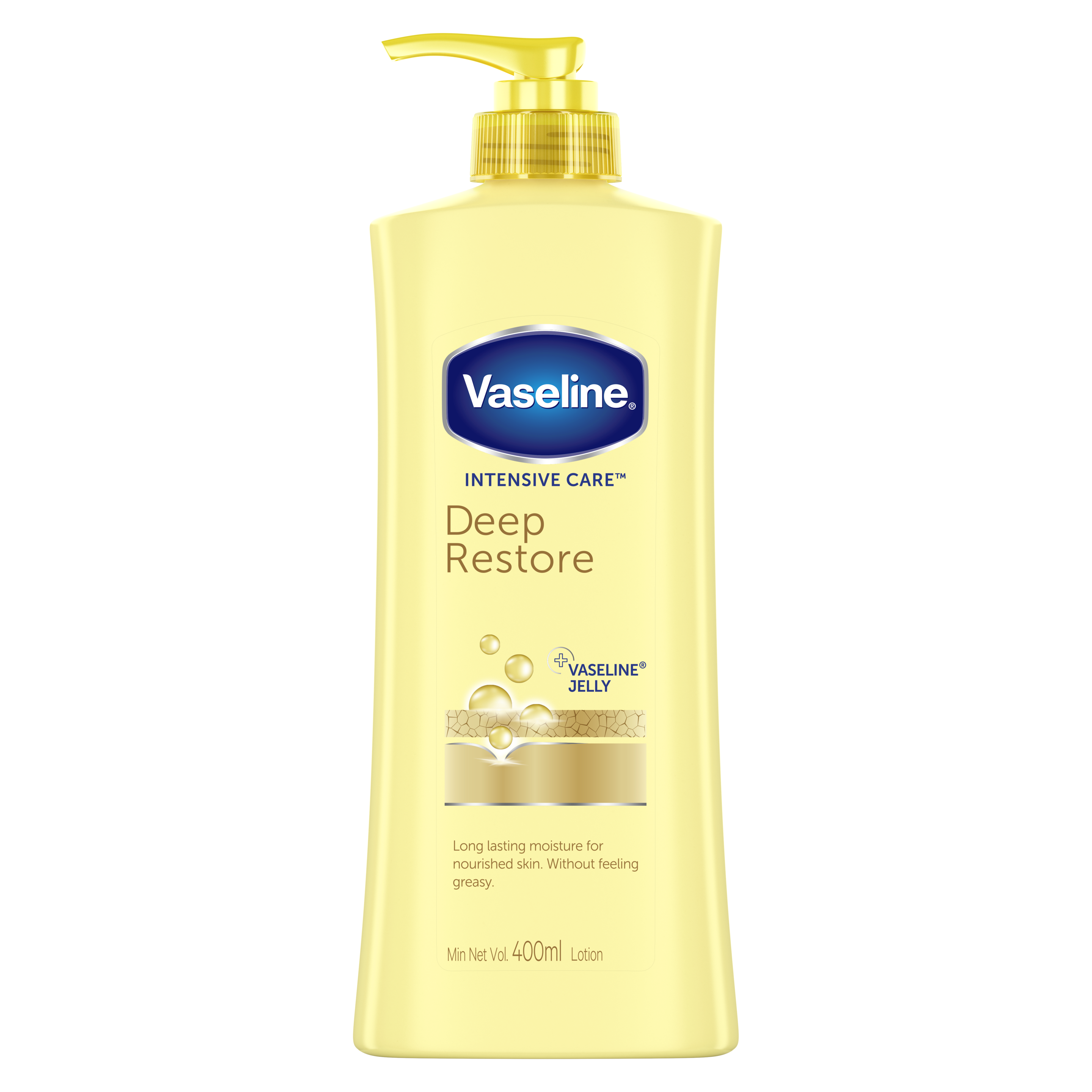Tips and Inspiration
From Unilever Beauty Experts
In the past 10 years, society has made big progress with body positivity. Ad campaigns from big brands started using models of all shapes and sizes. People became more aware of the dangers of eating disorders. At last, the “skinny girl” trend from the early 2000s has faded into obscurity, or so it seemed.
A quick doomscroll down Instagram and you’ll see countless celebrities looking 30 kilograms lighter. The weight loss isn’t the issue; it’s the narrative that they now look so much better, happier, and healthier. Finally, they’re getting their lives together.
If thinness is a marker of success, should everyone strive for it? Does that make self-acceptance a mere consolation prize – a “You Tried!” sticker for those who couldn’t attain the idealized skinny girl body?
Fashion’s Obsession With Size Zero
The fashion industry would have you believe that it has shed its fatphobic tendencies. Gone are the days of forcing models to follow a strict liquid diet months before walking on the runway. Clothes that once sold in a limited size range now fit a broader spectrum of body types. But just as quickly as the Y2K renaissance gained momentum, so did the regression to the skinny girl aesthetic.
The return to figure-hugging and skimpy outfits has opened the gates to the era of heroin chic 2.0. Baby tees are reserved for cup B or smaller. To pull off low-rise skinny jeans, you need a flat tummy and a thigh gap. There’s a hidden message embedded within all these trends: If you want to be hot, you can’t have fat.
And what about all the strides made in the name of body inclusivity? Will they eventually return after society has grown tired of skinny jeans? Was it all just lip service?
Major fashion houses might have added a plus-size line to their collections, but the offerings are largely limited to sweaters and T-shirts. Their best-looking options only fit the Zendayas and Bella Hadids of the world. If brands have truly moved on from skinny girl outfits, why do they still marginalize women who wear a size 12 and up?
Skinny Is the New Healthy
People lose weight for a variety of reasons. However, admitting that the motive behind it is to be skinny will make you a traitor to the body positivity movement. In the same breath, choosing not to slim down for whatever reason is something that society looks askance at.
To be an exile or lazybones – it’s a catch-22 situation that many plus-size women are trapped in. But there is a third option: justifying your weight loss as a health decision, which many celebrities often do. And, perhaps, that’s why they (allegedly) turn to diabetes medications like Ozempic rather than fad diets and detox teas.
On one hand, drugs like Ozempic may help people with obesity and other conditions that lead to it. However, these weight-loss drugs can be very triggering for those who struggle with body dysmorphia. When everyone can become skinny girls with weekly injections, it can be frighteningly easy to think, “I need to get skinnier.”
You Don’t Have to Be a Skinny Girl
The comeback of the “thin is in” narrative might have exposed the cracks of “body positivity,” but we know better now than two decades ago. No matter how hard you force your body to be the shape you desire, it won’t be enough because insecurity is an insatiable beast. Overcoming it begins by accepting yourself completely – the good, the bad, and the ugly.
Skinny or non-skinny, your body deserves kindness. It has been your oldest companion, after all. But if you ever find it difficult to cultivate a healthy relationship with your body, engaging in self-care can help you reconnect and nurture that bond. Start by giving attention to your hair with Sunsilk Strong & Long Shampoo, which contains biotin to nourish your locks as they grow.
Then, pamper your skin with Vaseline Intensive Care Deep Restore Body Lotion. It has pure aloe vera extract and petroleum jelly for smooth, dewy skin. Lastly, use closeup Gel Toothpaste with Antibacterial Zinc Red Hot to freshen up your smile. Its antibacterial zinc blasts away 99.9 percent of bacteria, leaving your breath all nice and minty.
The skinny girls may never fully disappear from fashion runways, the pages of glossy magazines, or your social media timeline. Still, her dominance doesn’t need to dictate your self-worth. When you hear a voice nagging you to drop some weight, remind yourself that the ultimate goal is not to become someone else’s idea of perfection but to be the best version of yourself, however that looks.










